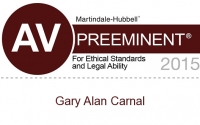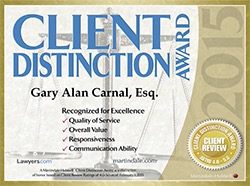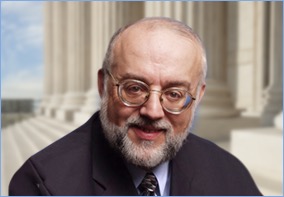Should I Use a Will or a Trust for My Estate Planning?
One of the most basic estate planning decisions you need to make is whether to rely on a will or a trust as the principal means of disposing of your assets. Every person’s financial and family situation is different, so there is not a single correct approach. Indeed, while people sometimes speak of the choice in terms of “will vs. trust,” these are actually complementary documents that can both play an important role in your estate plan.
Trust vs. Probate Estate
When a person dies, his or her assets normally pass through a legal process called probate. If the person has a will, that document determines how the probate estate will be distributed. If there is no will, Florida law specifies who will get the person’s assets.
A trust is a method for bypassing probate altogether. When you create a living trust, for example, you transfer assets to a trustee (who can also be you), who administers the property according to the terms you specify in the trust document. This means when you die, your successor trustee simply continues to manage or distribute the assets per your instructions. And since the assets were titled in the name of the trust at the time of your death, they do not pass as part of your probate estate.
Benefits and Drawbacks of a Trust
A trust affords greater privacy for you and your family. Probate is a judicial process, so your will is a matter of public record. A trust is usually not subject to court supervision, so its terms can remain private.
A trust can also provide greater flexibility for long-term planning. For example, if you have minor children, you can set up a trust to provide they receive their inheritance at fixed intervals. You might also use a trust to provide for charity or a relative with ongoing medical needs.
The major drawback of a trust is it can involve a good deal of additional paperwork and maintenance. Trusts are not self-executing. You need to transfer title to specific assets into the trust, otherwise they may still be considered part of your probate estate. You also need to consider the expense of administering the trust as an ongoing concern after your death.
Wills Are Usually Simpler
In contrast, a will requires little effort beyond signing the document. If you need to amend or revoke a will, it is usually a much simpler process than altering a trust. Furthermore, if do not own many assets, and your family situation is uncomplicated, a will is generally more than sufficient to meet your estate planning needs. And keep in mind, even if you do create a living trust, you still need a will to cover any assets that may remain outside of the trust.
This is only a brief overview of how wills and trusts work. There are actually a number of options you may wish to consider depending on your circumstances. An experienced St. Petersburg estate planning attorney can advise you on the best approach for you and your family. Contact the offices of Carnal & Mansfield, P.A., if you need to speak with an attorney today.







